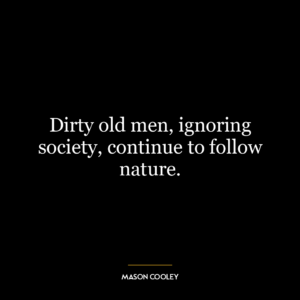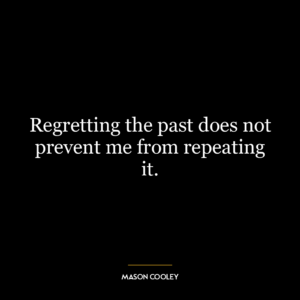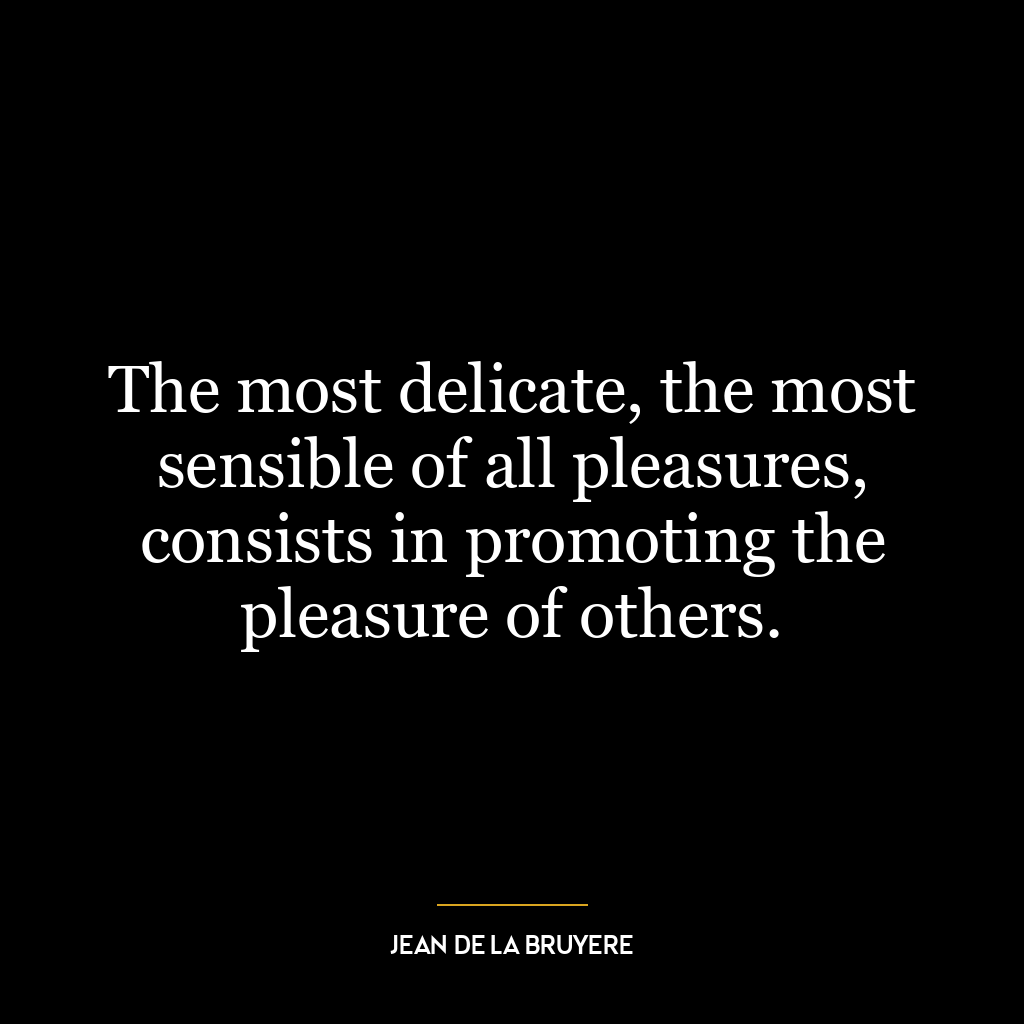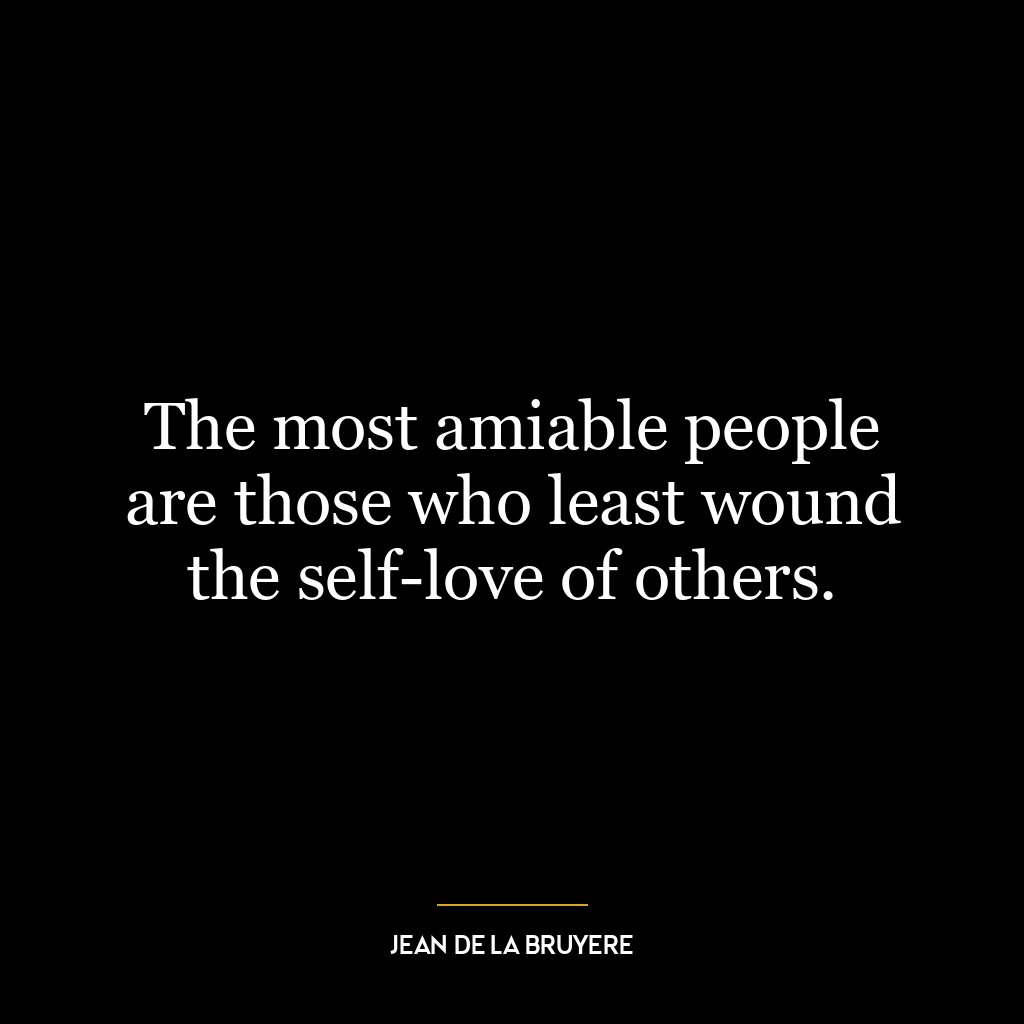This quote implies that if people who are in a state of extreme poverty (beggars) do not harbor resentment or animosity towards those who are more fortunate, then they have accepted their dire circumstances to an extent that is even more deplorable than initially thought. It suggests that the beggars’ acceptance of their situation without any resentment represents a level of degradation or debasement beyond what one might typically imagine.
The quote subtly criticizes socio-economic disparities and the complacency of those suffering within them. It implies that there should be some form of resistance or rebellion against such unfairness, and if there isn’t, it’s indicative of how deeply ingrained the acceptance of inequality has become.
In today’s world, this idea could apply to various social justice issues where marginalized communities may have been conditioned to accept their circumstances rather than challenge systemic inequalities. For instance, in situations involving systemic racism or classism where disadvantaged groups don’t question their predicaments due to normalized oppression.
In terms of personal development, this quote might encourage individuals not to passively accept unfavorable circumstances but instead question them and strive for change. It encourages fostering a spirit of resilience and resistance against unfair situations rather than accepting them as inevitable realities. This perspective could inspire individuals to take action towards improving their own lives as well as challenging unjust systems on a larger scale.









